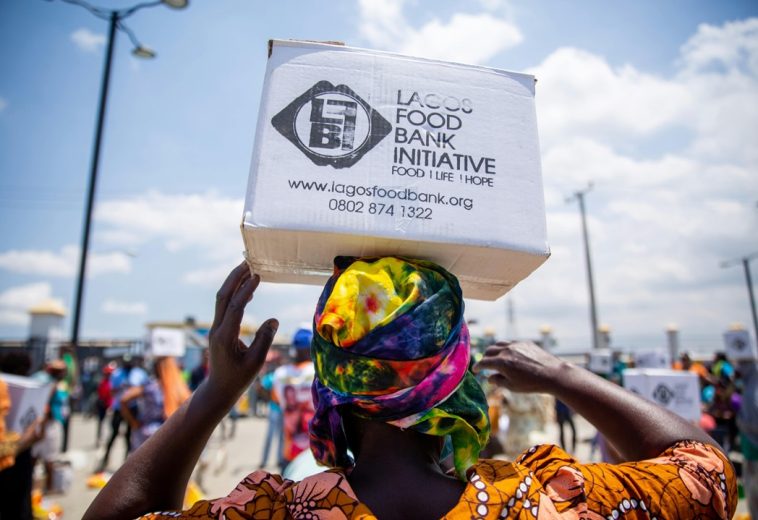According to the IMF’s latest Coordinated Direct Investment Survey, released on 20 February 2025, global FDI rebounded in 2023 after a slight decline, soaring to an all-time high of $41 trillion—a 4.4% increase, or an additional $1.75 trillion. Among various regions, Africa has experienced a notable rise in foreign investments, driven by a young, dynamic workforce, abundant natural resources, and a growing commitment to economic diversification.
The data reveals that direct investment from advanced economies to emerging markets, including Africa, increased by $538 billion, or 7.6%. This reflects an expanding appetite among global investors for African markets, which are seen as lucrative frontiers for growth in sectors such as technology, agriculture, green energy, and infrastructure.
READ ALSO: Africa’s Investment Paradox: Are the Rewards Worth the Risks?
While regions like North and Central America, Europe, and Central and South Asia have made significant contributions to global FDI, Africa’s momentum cannot be overlooked. Countries across the continent are forming strategic partnerships that leverage foreign expertise while fostering local development.
FDI contributes more than just financial resources; it serves as a catalyst for growth by introducing new technologies, management expertise, and advanced skills. These inputs enhance productivity across industries, stimulate innovation, and create job opportunities. As foreign companies establish operations and partnerships in Africa, they introduce best practices that enable local businesses to thrive.
Moreover, foreign investment plays a pivotal role in improving infrastructure—one of Africa’s critical needs. Enhanced transport networks, energy access, and communication systems facilitate trade, bolster competitiveness, and integrate African markets more closely with global supply chains.
Challenges to Sustained Investment Growth
Despite the promising outlook, several challenges threaten to undermine the operational environment for foreign investors. Political instability, inadequate infrastructure, and regulatory unpredictability remain deterrents. Additionally, concerns over corruption and governance issues exacerbate these risks, making investors more cautious.
Africa’s diversity also presents challenges. Varying levels of development, distinct cultural landscapes, and differing legal frameworks complicate efforts to establish cohesive policies. Furthermore, the continent’s reliance on extractive industries contributes to economic volatility, underscoring the need for diversification.
To fully capitalise on foreign investment potential, African nations must address key structural and policy challenges. Strengthening governance and transparency is crucial—reinforcing institutions and promoting accountability will foster a more favourable investment climate. Additionally, investing in infrastructure through partnerships, including public-private collaborations, is essential to overcoming existing deficits.
Economic diversification is another critical priority. Reducing dependence on traditional commodities mitigates volatility and encourages growth in sectors such as technology, renewable energy, and agriculture, thereby building a more resilient economic framework.
Investing in education and skills development is equally vital. Enhancing vocational training will enable local talent to meet global industry standards and contribute effectively to economic growth. Furthermore, reinforcing regional integration through collaboration among African nations can create larger markets, reduce trade barriers, and boost competitiveness. Initiatives such as the African Continental Free Trade Area (AfCFTA) play a significant role in these efforts, positioning Africa as a more attractive destination for foreign investment.
The Future of Foreign Investment in Africa
Africa’s future as an investment hub remains promising, driven by its abundant resources, youthful population, and untapped markets, which appeal to global investors. While major economies such as the United States and Singapore continue to attract substantial FDI, countries like Nigeria, South Africa, Kenya, and Ethiopia are emerging as focal points for foreign capital due to their strategic initiatives and expanding sectors. By addressing persistent challenges and fostering a conducive investment environment, Africa can leverage foreign investment to drive inclusive growth, enhance living standards, and establish itself as a key player in the global economy—ensuring that investment translates into lasting societal benefits.




